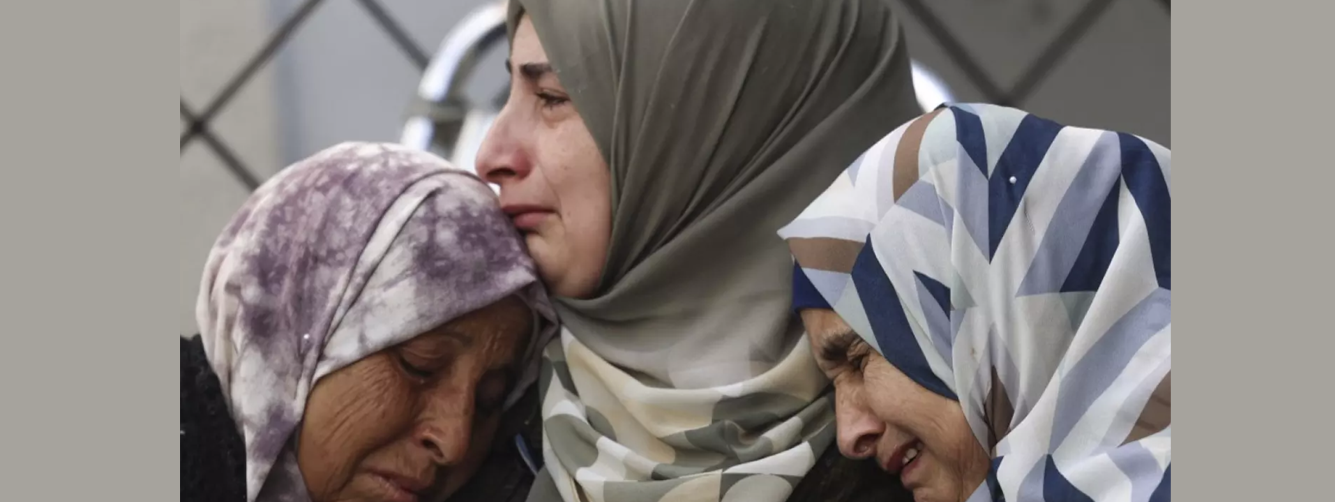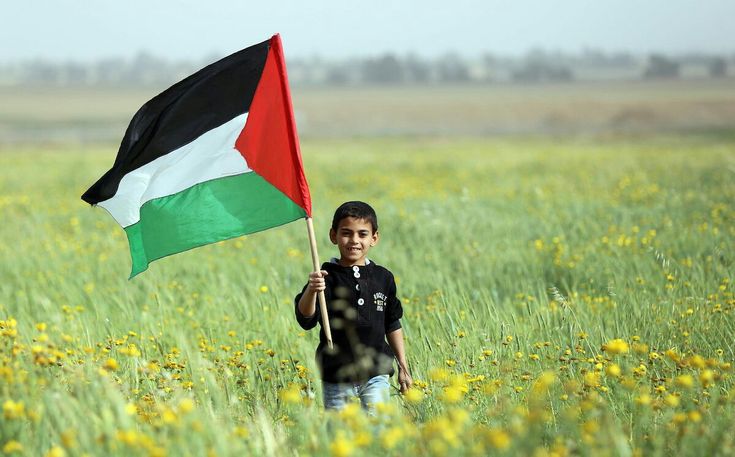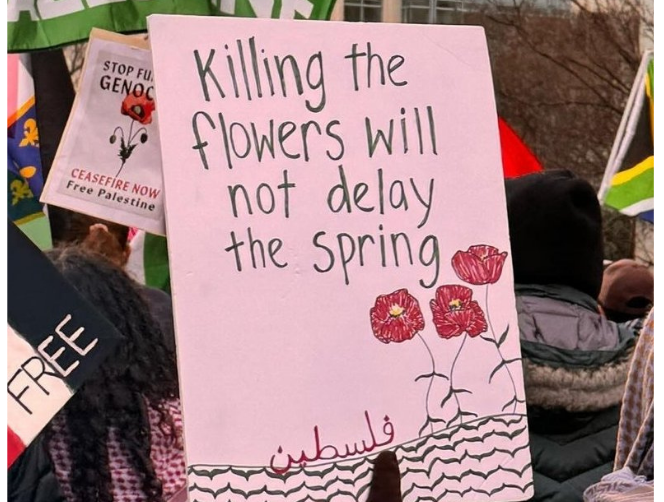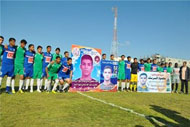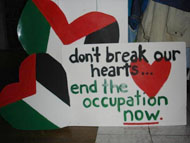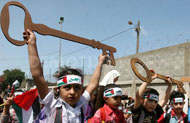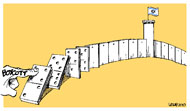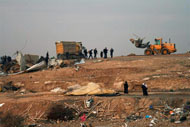
One of the things that have affected me greatly from all the horrors of the Israeli occupation is the uprooting of Palestinian olive trees. In Palestine, olive trees are valued for their historical presence, their beauty, symbolic connotations, and most importantly for their economic significance. Unfortunately it is not rare that we hear of Palestinian olive trees being uprooted or burned by the Israeli army or by settlers. Often, if the trees are not burned or destroyed by bulldozers they are brought to settlements and replanted as a kind of war token, a symbol of everything the Israelis rob from the Palestinians.
But it is not just the uprooting and stealing of trees that is used by Israel as a tool in the occupation. They actually plant trees on Palestinian land, covering up ethnic cleansing with environmental concerns. This is called ‘greenwashing’; using greenery to cover up evidence of violent displacement and destruction. After destroying villages, bulldozing agricultural land, uprooting olive trees and stealing land and vital water sources the State of Israel together with the Jewish National Fund (JNF) disguises the obliteration and claim the land by replanting it, under the pretense of environmentalism. It is not saving the environment that is the goal here, however; these actions have explicit colonial purposes. By banishing Palestinians from their land, Israel seizes the property held by Palestinians for thousands of years. Planting a forest of trees to cover up the destruction, the JNF turns one of the most life affirming symbols into a weapon of occupation and colonialism.
The JNF is most commonly known for its campaign to ‘plant a tree in Israel’ to ‘make the desert bloom’. The fund was created in 1901 to acquire land for a Jewish state in Palestine, and by 1948 around two-thirds of the Palestinian population had been forcibly removed from their homeland. On the ruins of hundreds of depopulated and destroyed Palestinian villages the JNF built forests and parks. This served two purposes: to hide the ethnic cleansing of the Palestinians and to prevent the Palestinian refugees from returning to their homes.
These practices are still ongoing today, especially in the Naqab desert in the south and in the Jordan Valley, where ‘development’ projects continue to forcibly displace Palestinians to make way for Jewish settlements and JNF parks and forests. This only gets worse by the fact that the Israeli state and the JNF hides behind the pretence of caring for the environment. The truth is that historically the JNF has not been concerned about the environment at all. Partnering with the state of Israel they destroy the natural habitat and way of life of Palestinians who have lived in the area for thousands of years. By using hazardous chemicals and planting trees that are not native to the land, the JNF has inflicted serious harm on the natural environment in Palestine. The extensive planting of pine trees has killed off much of the native habitat in addition to causing massive forest fires.
On Sunday, February 5, the JNF is having a ‘Green Sunday’, encouraging people to donate money to ‘plant trees in Israel’. The planting of trees has powerful symbolic value for the propaganda and fundraising purposes with the Jewish diaspora. The JNF continues to serve as a global fundraiser for Israeli ethnic cleansing and occupation. Each year they raise more than $60 million in the United States alone. Further the JNF and its affiliate organizations enjoy charitable status in over 50 countries. The JNF continues to promote its ‘environmental’ credentials at global summits and international conferences.
In relation to ‘Green Sunday’ the ‘Stop the JNF Campaign’ is asking the international community to take a stand against the greenwashing. The campaign is an international effort aimed at ending the JNFs role in the Israeli occupation. Palestinian civil society calls on international environmentalists to stop the JNF and expose them for what they really do; covering up ethnic cleansing with a fake concern for the environment.
Julie Holm is a Writer for the Media and Information Department at the Palestinian Initiative for the Promotion of Global Dialogue and Democracy (MIFTAH). She can be contacted at mid@miftah.org.




